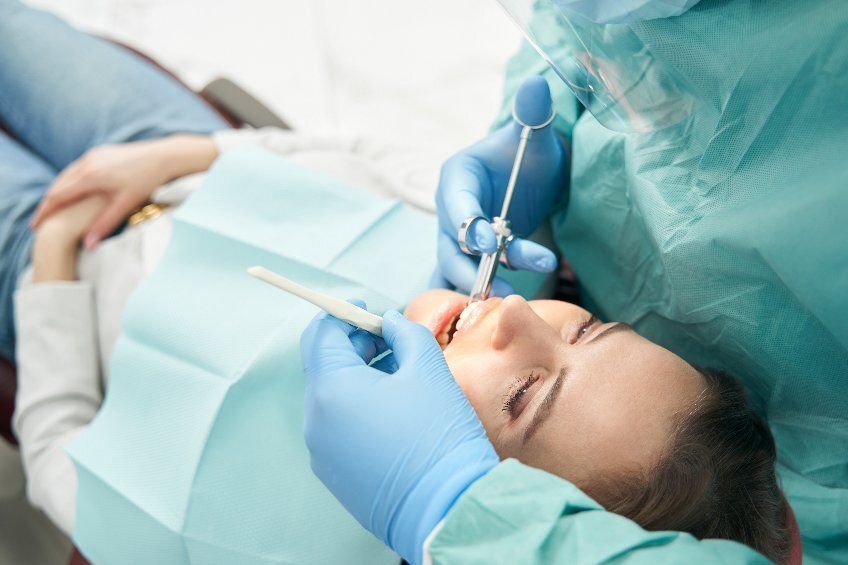Is Denver Relaxation Dentistry Something to Worry About?
- By Mary Marks
- •
- 24 Oct, 2022
- •

Several studies indicate dental fear and anxiety as the main reasons for avoiding the dentist. Other reasons may include: time constraint and the discomfort felt during dental procedures. Unfortunately, neglecting oral health or dental treatments can create serious health problems, requiring more complicated and expensive treatments in the future.
Fortunately, nowadays, dentists use different levels of dental sedation, from mild to deep. The type of sedative drug administered will be chosen according to the dental problems that need to be resolved, as well as according to each patient.
Relaxation sedation dentistry Denver procedures are safe and there is no need to worry about. Your dentist will give you all the information you need to convince yourself.
BENEFITS OF DENTAL SEDATION
Safety
During the procedure, you will remain conscious and will still be able to respond to physical and verbal interactions with your dentist. Natural reflexes will work normally, so you can communicate what you feel. Also, sedation can reduce the risk of other medical problems during the procedure (heart problems, stroke, etc.), due to low stress levels.
Efficiency
Many patients refuse long-term treatments because they cannot afford multiple visits to the dentist because of their busy schedule. Using sedation, the dentist, may be able to complete the necessary treatments in one or two longer visits.
Amnesia effect
Most sedatives can create an effect of temporary amnesia, so the patients will not remember much from the dental interventions they have been through.





Although oral sedation dentistry Highlands Ranch is one of the optionsavailable for managing anxiety and discomfort during oral surgery, you certainly do not need to use it all the time. As a matter of fact, the exact type of sedation or anesthesia that you receive during oral procedures may depend on various factors, such as the complexity of the procedure, your medical problems, as well as your doctor’s preferences.
There can be several different levels of sedation that can be used in oral surgery. Local anesthesia is one of them. This involves injecting anesthetic medication into the specific area where the surgery will take place. It numbs the area and is often used for less invasive procedures.
Oral sedation involves taking medication in the form of a pill to induce a state of relaxation and drowsiness. The patient is still conscious, but he/she may not be fully aware of the procedure. At any rate, sedation helps him/her get rid of anxiety.
In the case of intravenous sedation, medication is administered through a vein, which induces a deeper state of sedation than oral sedation. Patients may still be conscious, but they are less aware of their surroundings and may not remember the procedure.





